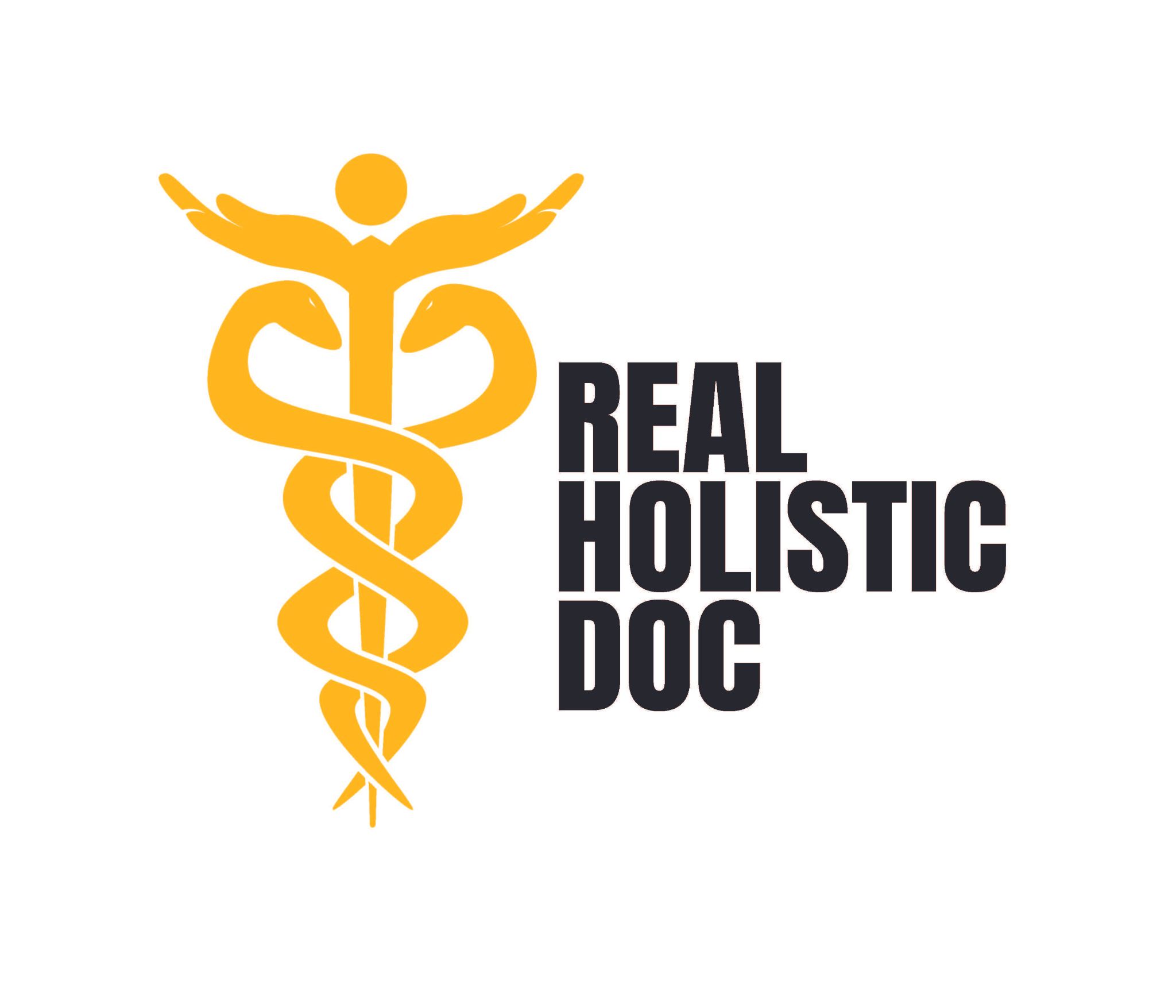Disorders of the immune system are among the most common problems affecting potentially every organ and function of the body. They lead to inflammation, pain, and even cancer. Knowing the best supplements to boost immune system function can help stave off these life-threatening disorders before they start.
Among the worst of the non-cancer immune problems are the autoimmune diseases. Some, like Alzheimer’s syndrome, Crohn’s disease, and multiple sclerosis, will no doubt sound familiar. But there is an extensive library of autoimmune diseases, most of which you have probably never heard of.
(*In deference to the flow of reading, a more complete list of autoimmune diseases has been moved to the bottom of this article.)
Interestingly, even though genetic-based autoimmune disorders run in families, a single generation may present with different specific disorders. For example, one family member may present with rheumatoid arthritis, while another member may have lupus or psoriasis.
Let’s look at the top 5 best supplements to boost immune system function. Some may surprise you.
- Autogenic Training.
As with all problems, the number one cause of manifesting an immune problem is stress. So, topping the list of immune system boosters is a mental health supplement.
Actually, it’s not a supplement in the way you probably think of a supplement. It’s a mental practice of stress reduction.
Autogenic Training is the foundation of Biogenics®, and it has the power to reduce stress in several forms, including anxiety and depression.
- Vitamin D3, B-complex, vitamin C, and astaxanthin.
- Optimal nutrient immune enhancers.
- Plant-based enhancers: citrus, red bell peppers, broccoli, garlic, ginger, spinach, almonds, sunflower seeds, turmeric, papaya, Kiwi, green tea, aloe vera, Asian ginseng, astragalus, basil, and chamomile.
- Animal-based enhancers: plain yogurt, poultry, and shellfish.
- The mushroom family: chaga, maitake, oyster mushrooms, reishi, shitake, turkey tail cordyceps, lion’s mane, and rhodiola.
- Herbs: echinacea, Ganoderma, goldenseal, Kakadu root, neem, olive leaf, oregano, peppermint, rooibos, rosemary, sage, and thyme.
Interestingly, one of the essentials for healthy immune function isn’t a supplement at all. It’s a mainstay of healthy living. Physical exercise.
Having a sedentary lifestyle is as harmful as smoking one or two packs of cigarettes every day.
Beyond this list of the best supplements to boost immune system function are other health choices that are mentally and spiritually driven.
Attitude, thinking, behavior, and habits are truly the compass to your health. Where they point will direct the path of your life’s longevity and quality.
With that in mind, focus on thinking positively about health. Remember that every thought – every word – is a prayer.
Detach from worry and negativity. And eat, drink, and act health.
(P.S. Although it’s not a supplement, Fire Bliss, applied once a day, is one of the best ways to treat autoimmune diseases.)
Norman Shealy, M.D., Ph.D. is the father of holistic medicine. Dr. Sergey Sorin is a holistic physician as well as the CEO and medical director of the Shealy-Sorin Wellness Institute. Both doctors recommend the Biogenics® System as part of your overall commitment to a healthy, resilient life.
*Here is the extensive list of additional autoimmune diseases, along with their individual links, promised earlier in the article:
A
Acquired hemophilia
Acute disseminated encephalomyelitis
Acute motor axonal neuropathy
Addison’s disease
Adult-onset Still’s disease
Alopecia areata
Ankylosing spondylitis
Anti-glomerular basement membrane nephritis
Anti-neutrophil cytoplasmic antibody-associated vasculitis
Anti-N-methyl-D-aspartate receptor encephalitis
Anti-sperm antibodies
Antiphospholipid syndrome
Antisynthetase syndrome
Aplastic anemia
Autoimmune angioedema
Autoimmune encephalitis
Autoimmune enteropathy
Autoimmune gastritis
Autoimmune hemophilia
Autoimmune hepatitis
Autoimmune inner ear disease
Autoimmune lymphoproliferative syndrome
Autoimmune neutropenia
Autoimmune oophoritis
Autoimmune orchitis
Autoimmune pancreatitis
Autoimmune polyendocrine syndrome type 1
Autoimmune polyendocrine syndrome type 2
Autoimmune polyendocrine syndrome type 3
Autoimmune progesterone dermatitis
Autoimmune retinopathy
Autoimmune thrombocytopenic purpura
Autoimmune thyroiditis
Autoimmune urticaria
Autoimmune uveitis
B
Balo concentric sclerosis
Behçet’s disease
Bickerstaff’s encephalitis
Brachial neuropathy
Bullous pemphigoid
C
Celiac disease
Chronic fatigue syndrome
Chronic inflammatory demyelinating polyneuropathy
Churg-Strauss syndrome
Cicatricial pemphigoid
Cogan syndrome
Cold agglutinin disease
Complex regional pain syndrome
CREST syndrome
Cryptogenic organizing pneumonia
Cutaneous lupus erythematosus
D
Dermatitis herpetiformis
Dermatomyositis
Diabetes mellitus type 1
Diffuse interstitial keratitis
Discoid lupus erythematosus
E
Endometriosis
Enthesitis-related arthritis
Eosinophilic esophagitis
Eosinophilic fasciitis
Epidermolysis bullosa acquisita
Episcleritis
Encephalopathy associated with autoimmune thyroid disease
Erythema nodosum
Essential mixed cryoglobulinemia
Evans syndrome
F
G
Gestational pemphigoid
Giant cell arteritis
Goodpasture syndrome
Graves’ disease
Graves ophthalmopathy
Guillain–Barré syndrome
H
Hashimoto’s Encephalopathy
Hashimoto Thyroiditis
Hidradenitis suppurativa
I
Idiopathic dilated cardiomyopathy
Idiopathic pulmonary fibrosis
IgA nephropathy
IgG4-related systemic disease
Inclusion body myositis
Intermediate uveitis
Interstitial cystitis
J
K
L
Lambert-Eaton myasthenic syndrome
Leukocytoclastic vasculitis
Lichen planus
Lichen sclerosus
Ligneous conjunctivitis
Linear IgA disease
Lupus nephritis
Lupus vasculitis
Lyme disease (Chronic)
M
Meniere’s disease
Microscopic colitis
Microscopic polyangiitis
Mixed connective tissue disease
Mooren’s ulcer
Morphea
Mucha-Habermann disease
Myasthenia gravis
Myelin oligodendrocyte glycoprotein disease (MOG)
Myocarditis
Myositis
N
Narcolepsy with cataplexy
Neuromyelitis optica
Neuromyotonia
O
Opsoclonus myoclonus syndrome
Optic neuritis
Ord’s thyroiditis
P
Palindromic rheumatism
Palmar psoriasis
Plantar psoriasis
Paraneoplastic cerebellar degeneration
Parkinson’s Disease
Parry Romberg syndrome
Parsonage-Turner syndrome
Pediatric Autoimmune Neuropsychiatric Disorder Associated with Streptococcus
Pemphigus vulgaris
Pernicious anemia
Pityriasis lichenoides et varioliformis acuta
POEMS syndrome
Polyarteritis nodosa
Polymyalgia rheumatica
Polymyositis
Postmyocardial infarction syndrome
Postpericardiotomy syndrome
Primary biliary cirrhosis
Primary sclerosing cholangitis
Psoriasis
Psoriatic arthritis
Pure red cell aplasia
Purpura rheumatica
Pyoderma gangrenosum
R
Raynaud’s phenomenon
Reactive arthritis
Relapsing polychondritis
Restless leg syndrome
Retinocochleocerebral vasculopathy
Retroperitoneal fibrosis
Rheumatic chorea
Rheumatic fever
Rheumatoid arthritis
Rheumatoid vasculitis
S
Sarcoidosis
Schnitzler syndrome
Scleritis
Scleroderma
Sjogren’s syndrome
Stiff person syndrome
Subacute bacterial endocarditis
Susac’s syndrome
Sydenham chorea
Sympathetic ophthalmia
Systemic Lupus Erythematosus
Systemic scleroderma
T
Takayasu arteritis
Tolosa-Hunt syndrome
Transverse myelitis
U
Ulcerative colitis
Undifferentiated connective tissue disease
Urticaria
Urticarial vasculitis
V
W
Warm autoimmune hemolytic anemia
